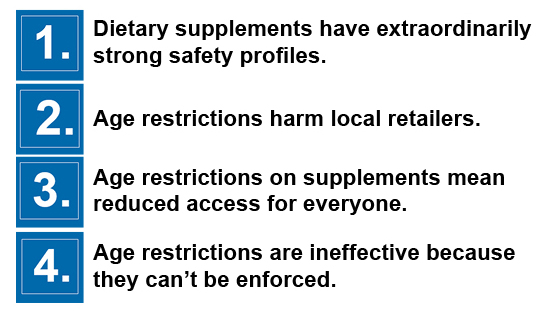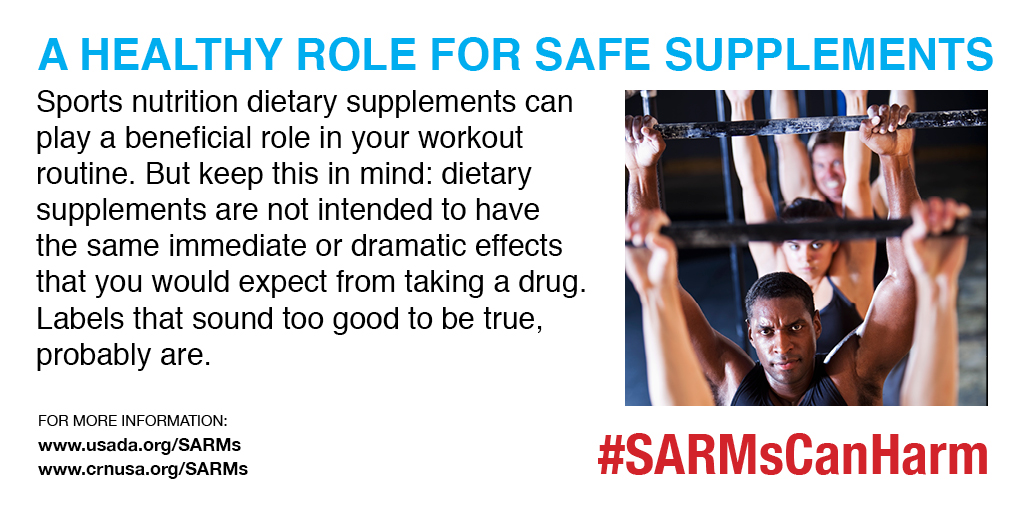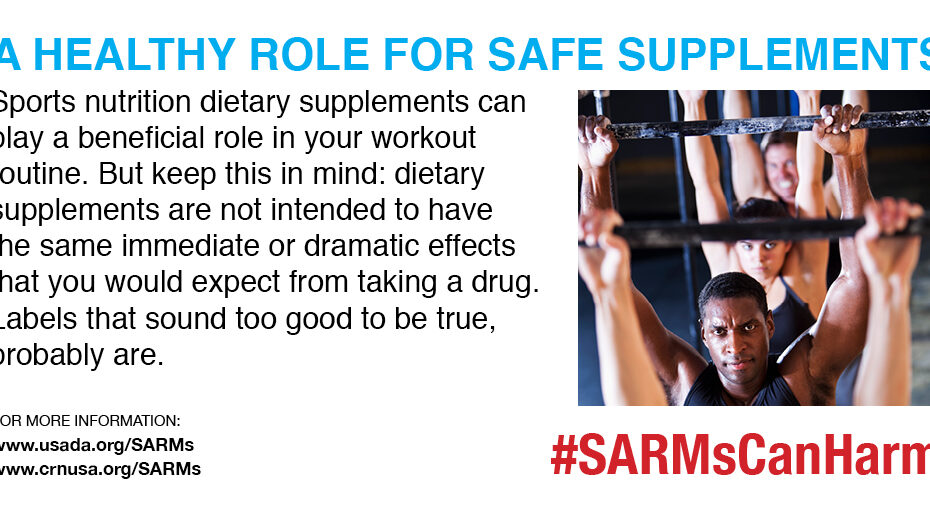Hey there! Have you ever wondered if there are any age restrictions for taking supplements? Well, you’re about to find out! In this article, we’ll explore the topic of age restrictions when it comes to taking supplements and shed some light on the matter. Whether you’re a young adult or a senior, it’s important to know what guidelines are in place for supplement consumption. So, let’s dive in and discover the answers together!
Curious to know if there are any limitations on who can take supplements based on age? In this article, we’ll delve into the topic and provide you with all the information you need. We’ll explore the different types of supplements and discuss whether age plays a role in their safe consumption. Whether you’re a parent wondering if your child can take certain supplements or an older adult looking for ways to support your health, we’ve got you covered. So, if you’re ready to learn more about age restrictions for taking supplements, keep reading and get all the details!

This image is property of www.crnusa.org.
Introduction to Supplements
Supplements have become increasingly popular as a way to support our overall health and wellness. These products come in various forms and offer a wide range of benefits, from boosting our immune system to promoting joint health. However, it is important to understand whether there are any age restrictions when it comes to taking supplements. In this article, we will explore the different types of supplements available in the market and discuss how age can impact their consumption.
Understanding the Purpose of Supplements
Before delving into the age restrictions for supplements, it is crucial to understand why people turn to these products in the first place. Supplements are designed to provide additional nutrients that we may not be getting enough of through our diet alone. They can help address specific deficiencies or offer general support for our overall health. It is important to note that supplements should not be seen as a replacement for a balanced diet, but rather as a complementary addition to it.

This image is property of www.crnusa.org.
Different Types of Supplements Available in the Market
The supplement market is flooded with a wide range of products, each catering to different needs and goals. From multivitamins to herbal extracts, it can be overwhelming to navigate through the numerous options available. Some of the most common types of supplements include:
- Vitamins: These are essential nutrients that our bodies need in small amounts to function properly. They can be divided into two categories: water-soluble (such as vitamin C and B-complex vitamins) and fat-soluble (such as vitamins A, D, E, and K).
- Minerals: Minerals, like calcium, magnesium, and iron, are crucial for proper body function and can be obtained through supplements when dietary intake is insufficient.
- Herbal supplements: These products contain plant-based ingredients known for their potential health benefits, such as turmeric for its anti-inflammatory properties or ginkgo biloba for its cognitive support.
- Probiotics: These supplements contain live bacteria or yeast strains that support gut health and digestion.
- Omega-3 fatty acids: Found in fish oil supplements, these fatty acids have been associated with numerous health benefits, including heart health and cognitive function.
Now that we have an understanding of the purpose of supplements and the different types available, let’s dive into the age restrictions for their consumption.
Importance of Age in Supplement Consumption
Our nutrient requirements change as we age, and it is essential to consider these differences when deciding which supplements to take. Age impacts our bodies’ ability to absorb and metabolize nutrients, making it crucial to tailor our supplement consumption accordingly.
Impact of Age on Nutrient Requirements
During childhood, our bodies are growing rapidly, and the demand for nutrients is high. This is why specific supplements are recommended for infants and young children, such as vitamin D for bone development or iron for the prevention of anemia. As we reach adolescence, our nutritional needs change even more dramatically, supporting growth spurts, hormonal changes, and athletic performance.
In adulthood, the focus shifts towards maintaining overall health and preventing chronic diseases. Supplements like omega-3 fatty acids and antioxidants may be beneficial for adults to support heart health and counteract the effects of oxidative stress. Pregnancy and breastfeeding place additional demands on the body, requiring special consideration for nutrient intake.
Finally, as we age, our bodies become less efficient at absorbing and metabolizing nutrients. This makes supplementation even more critical for aging adults to address potential deficiencies and support joint and bone health. Elderly individuals may also benefit from supplements that specifically target cognitive decline and immune system function.
How Age Affects Supplement Absorption and Metabolism
The ability of our bodies to absorb and metabolize nutrients varies throughout different stages of life. For example, as we grow older, our stomach acid production decreases, affecting the absorption of certain vitamins such as B12. Additionally, certain medications commonly taken by the elderly can interfere with the absorption of nutrients, making the need for supplementation even more crucial.
It is important to consult with a healthcare professional to determine the right dosage and form of supplements, as well as to ensure that they do not interact with any medications or pre-existing health conditions.

This image is property of www.nia.nih.gov.
General Guidelines for All Ages
Regardless of age, there are some general guidelines that apply to everyone when it comes to supplement consumption.
Consulting with a Healthcare Professional Before Starting Any Supplements
Before starting any new supplement regimen, it is crucial to consult with a healthcare professional. They will be able to assess your specific needs, take into consideration any existing health conditions or medication interactions, and recommend the most suitable supplements for you.
Considering Individual Health Conditions Before Supplement Consumption
Individual health conditions should always be taken into account before starting any new supplements, regardless of age. Certain medical conditions, such as kidney disease or allergies, may require special considerations or restrictions when it comes to supplement consumption. It is important to disclose all relevant medical information to your healthcare professional to ensure safe and effective supplement use.
Supplements for Children
Children have their own unique nutrient requirements, and supplements can play a role in filling any gaps in their diets.
Safe and Appropriate Supplements for Infants and Toddlers
For infants, exclusive breastfeeding or infant formula is the best way to meet their nutritional needs. However, certain supplements may be recommended, such as vitamin D drops, as breast milk does not provide enough of this essential vitamin. For toddlers, a well-balanced diet should provide the necessary nutrients, but if there are concerns about specific nutrient deficiencies, a healthcare professional may recommend appropriate supplements.
Supplement Recommendations for School-Age Children
School-age children require a balanced diet consisting of whole grains, fruits, vegetables, lean proteins, and dairy products to meet their nutritional needs. However, if there are specific deficiencies or dietary restrictions, supplements may be recommended. Common supplements for this age group include omega-3 fatty acids for cognitive support and calcium and vitamin D for bone health.

This image is property of assets.gqindia.com.
Supplements for Adolescents
During adolescence, significant growth spurts and hormonal changes occur, resulting in increased nutrient requirements.
Addressing Common Nutrient Deficiencies in Teenagers
Teenagers are often prone to nutrient deficiencies due to their fast-paced growth and unhealthy eating habits. Iron deficiency, for example, is a common concern during adolescence, especially in girls. Supplementing with iron or a multivitamin containing iron can help address this deficiency. Additionally, omega-3 fatty acids may support brain development and cognitive function during this crucial stage of life.
Considerations for Athletic Performance and Growth
Teens who participate in sports or rigorous athletic activities may have additional nutrient requirements. Supplements such as protein powders, creatine, or B-vitamins may be recommended to support muscle growth, energy production, and overall performance. However, it is essential for adolescents to consult with a healthcare professional or sports nutritionist before incorporating any supplements into their routine.
Supplements for Adults
While supplements can benefit individuals of all ages, there are certain supplements that are particularly important for adults.
Essential Supplements for Overall Health Maintenance
For adults, supplements should be used to fill any nutritional gaps in their diet. A well-balanced diet should provide most of the necessary nutrients, but certain supplements may be beneficial. For example, omega-3 fatty acids have been associated with heart health, while vitamin D supplementation can help prevent deficiencies, especially in individuals who have limited sun exposure.
Special Considerations for Pregnant and Breastfeeding Women
Pregnant and breastfeeding women have unique nutritional needs that require special attention. Prenatal vitamins, which contain higher levels of specific vitamins and minerals like folic acid and iron, are often recommended to support the health and development of the baby. It is crucial for pregnant and breastfeeding women to consult with their healthcare professional to ensure they are getting the necessary nutrients through their diet and supplement regimen.

This image is property of www.fda.gov.
Supplements for Aging Adults
As we age, our bodies undergo various physiological changes, making supplement consumption particularly important for maintaining health and preventing age-related conditions.
Promoting Joint and Bone Health through Supplements
As we age, joint and bone health become increasingly important. Supplements such as calcium, vitamin D, and glucosamine can help maintain strong bones and support joint function. These supplements are often recommended for aging adults, especially women who are at a higher risk of developing osteoporosis.
Addressing Age-Related Nutrient Absorption Challenges
The aging process can affect our bodies’ ability to absorb and metabolize nutrients efficiently. This can result in deficiencies, which may require supplementation. For example, vitamin B12 absorption decreases with age, leading to potential deficiencies that can impact cognitive function. Supplementation with vitamin B12 can help address this issue and support overall brain health.
Supplements for Elderly Individuals
Elderly individuals have unique needs when it comes to supplements, particularly in regards to cognitive health and immune function.
Managing Cognitive Decline with Appropriate Supplements
Cognitive decline is a common concern as we age, and certain supplements have been studied for their potential to support brain health. Omega-3 fatty acids, antioxidants, and B-vitamins are often recommended for elderly individuals to support cognitive function and maintain overall brain health. Again, it is important to consult with a healthcare professional before starting any supplement regimen.
Supporting Immune System Function in Older Adults
As we age, our immune system may weaken, making us more susceptible to infections and illnesses. Supplements such as vitamin C, zinc, and probiotics can help support immune function in older adults. These supplements, in conjunction with a healthy diet and lifestyle, may help reduce the frequency and severity of infections.
Potential Risks and Side Effects
While supplements can offer numerous health benefits, it is essential to understand the potential risks and side effects associated with their use.
Understanding the Importance of Proper Dosage and Administration
Taking supplements in improper dosages or misusing them can lead to adverse effects. It is crucial to follow the recommended dosage instructions provided by the manufacturer or healthcare professional. Taking higher doses than recommended or combining multiple supplements without professional guidance can increase the risk of toxicity or interactions.
Identifying Potential Interactions and Contraindications
Certain supplements can interact with medications and other pre-existing health conditions. It is crucial to inform your healthcare professional of any medications or health conditions before starting a new supplement regimen. They can help identify potential interactions and make appropriate adjustments to your supplement plan to ensure your safety and well-being.
Conclusion
In conclusion, age plays a significant role in determining the appropriate supplements for an individual. From childhood to old age, our nutrient requirements change, and our bodies’ ability to absorb and metabolize nutrients fluctuates. It is important to consult with a healthcare professional to determine the most suitable supplements for your age group and individual needs. Remember, supplements should always be used in conjunction with a balanced diet and a healthy lifestyle for optimal health outcomes at any age.
